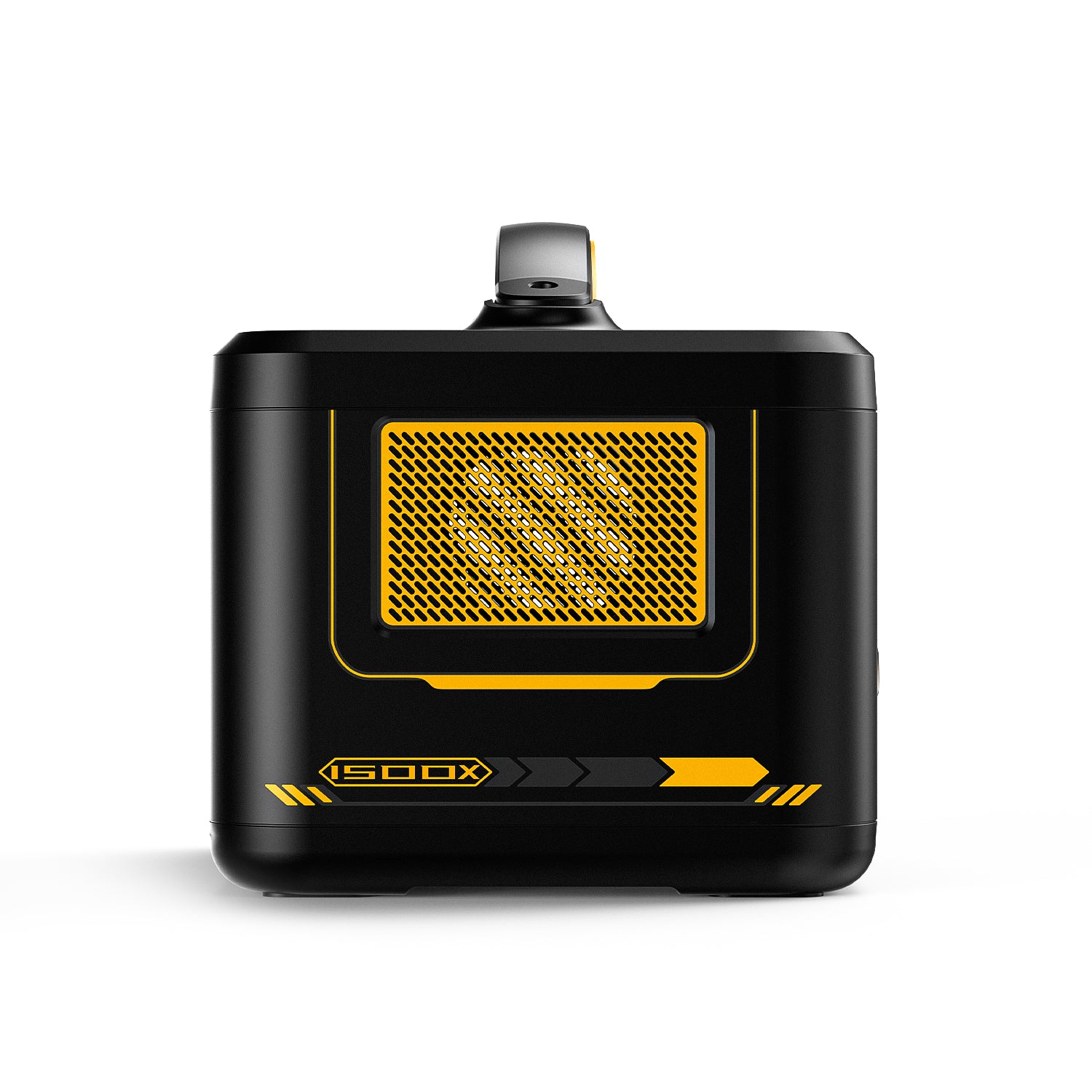Camping Generator Safety Tips: Keeping Your Outdoor Adventures Secure
Corps
When embarking on outdoor adventures, it's essential to prioritize safety, especially when using a camping generator. These portable power sources can provide convenience and comfort during your camping trips, but they also come with potential risks. By following these camping generator safety tips, you can ensure a secure and enjoyable experience in the great outdoors.

Understanding the Basics
Before delving into the safety tips, let's first understand the basics of camping generators. A camping generator is a portable device that converts fuel, such as gasoline or propane, into electrical energy. It typically consists of an engine, an alternator, and various outlets to power your camping equipment.
Generators are commonly used to run appliances, charge electronic devices, or provide lighting in remote camping locations where access to electricity is limited. However, improper usage or negligence can lead to accidents, injuries, or even fatalities.
Choosing the Right Generator
When selecting a camping generator, it's crucial to consider your power needs and the specific requirements of your outdoor activities. Opt for a generator that is suitable for your intended usage, ensuring it has enough wattage to power your equipment without overloading the system.
Additionally, prioritize generators with built-in safety features such as automatic shut-off mechanisms, low-oil indicators, and spark arrestors. These features can help prevent accidents and protect both you and the environment.
Proper Placement and Ventilation
One of the most critical aspects of camping generator safety is proper placement and ventilation. Always place your generator on a stable, level surface away from flammable materials, such as dry leaves or grass. This reduces the risk of fire hazards.
Ensure that your generator is positioned in a well-ventilated area to prevent the buildup of carbon monoxide (CO) gas. CO is a colorless, odorless gas that can be deadly if inhaled in high concentrations. Never operate a generator inside your tent, camper, or any enclosed space. Instead, keep it at least 20 feet away and direct the exhaust away from occupied areas.
Safe Fuel Handling and Storage
When it comes to fuel handling and storage, it's essential to follow proper safety protocols. Always turn off the generator and allow it to cool down before refueling. This prevents accidental fires or fuel spills that can result in injuries.
Store fuel in approved containers away from the generator and any open flames. Keep in mind that gasoline and propane are highly flammable, so it's crucial to handle them with care. Avoid overfilling the fuel tank and clean up any spills immediately to prevent slips and falls.
Remember, never store fuel inside your living space or near any heat sources. It's best to keep fuel in a well-ventilated, secure location away from children and pets.
Regular Maintenance and Inspection
To ensure the continued safety and reliability of your camping generator, regular maintenance and inspection are essential. Follow the manufacturer's guidelines for maintenance tasks such as oil changes, filter replacements, and spark plug checks.
Inspect your generator before each use, looking for any signs of damage or wear. Check the cords, outlets, and switches for any fraying or loose connections. Faulty electrical components can lead to electrical shocks or fires, so it's crucial to address any issues promptly.
Additionally, keep a fire extinguisher nearby and familiarize yourself with its usage. In the event of a fire, having a fire extinguisher readily available can help prevent the situation from escalating.
By following these camping generator safety tips, you can enjoy your outdoor adventures with peace of mind. Remember, safety should always be a top priority when using any camping equipment, including generators. Stay informed, prepared, and responsible to ensure a secure and memorable camping experience.










commentaires